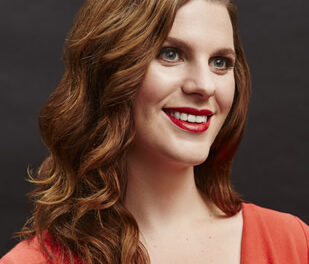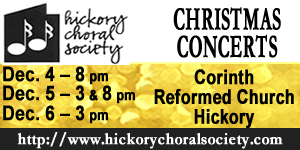Thomas Rain Crowe and the Boatrockers delivered a thought-provoking concert at the University of North Carolina Asheville’s Lipinsky Auditorium on Wednesday, January 23. Crowe is an editor, translator, author and poet who lived in San Francisco in the 1970’s editing Beatitude magazine and regularly interacting with Ferlinghetti, Brautigan and other Beats. Thirty years later he lives in the Smoky Mountains of North Carolina and has formed this “spoken word and music” band in order to perform and record pieces that integrate poetry, electronic music and world music.
In the 1980’s, the term “world music” was created as a marketing category in the music industry, where it has become a descriptor of a broad range of music, often employing traditional modes and harmonies, and frequently incorporating obscure instruments unfamiliar to most Western composers. Everything from foreign Pop music to Appalachian folk music, everything from traditional folk music of Asian cultures to Rock And Roll music from the Former Soviet Republics is labeled world music. In fact, world music seems to be defined primarily by what it is not. It is not Western popular music of the “top 40” variety. It is not Western art music (often referred to as European classical music). To further complicate the definition, however, first-rate composers from the “excluded” categories have been known to use exotic modes and obscure instruments. Consider the Beatles’ use of sitars and Lou Harrison’s use of gamelans.
The other five musicians who perform with Crowe as the Boatrockers are Chris Rosser, Wayne Kirby, Doug Douglas, Sal D’Angio and Greg Olson. Rosser grew up in a Baha’i family in Casar, NC (population 350), made a transition from classical music to college studies in jazz piano and studio recording, and later studied the Turkish cumbus, the oud, the dotar and tabla drums. Kirby studied string bass and composition at Juilliard, arranged and conducted for television for more than a decade, and later earned a New York University doctorate in music and technology. An expert performer on the Theremin as well as the electric bass, he owns four modern Theremins designed and built by the late Robert Moog in Asheville.
Kirby is also chair of the music department at UNCA, which hosted this one-hour concert, free to the general public but attended primarily by UNCA students as part of a Music Appreciation course. One doubts that many of the audience, whether student or Asheville citizen, realized in advance what an eclectic performance they were slated to hear.
The first work was a reflective poem with a quiet, mostly electronic accompaniment. The poem concerned the communication of ideas in a modern yet timeless world. An idea is conceived by an old man in a field, then transmitted by an oracle, a mermaid, the sound of wind and rain, the voices of angels, a Lutheran minister, and others. The idea is deemed subversive by some, and declared by a judge to be stolen goods. The story is repeated for one thousand years. The concluding declaration is that a poem is “the Thief of Words.” Glissandi and extreme vibrato on massed electric guitars and basses with percussion accompaniment conclude the lengthy work, setting a high dramatic standard for the works that would follow.
The next half dozen shorter works demonstrated the wide variety of “world music” instruments that these six musicians play. A few of these pieces wore on me because of the repetition of rather banal musical phrases (one of the limitations of traditional ethnic music). One work, with amplifiers cranked up to Rock and Roll levels, produced audio distortion that overpowered the words of the poem. The laid-back atmosphere of studied indifference that is often found in jazz performers is the mode in which this band operates, and there were times when one wished for a little more precision, a little less sense of improvisation.
But the quality level that had been demonstrated in the opening number was reached again in “Overpopulated,” the final work of the afternoon. Using the metaphor of a train ride and sonic effects reminiscent of Arthur Honegger’s famous tone poem “Pacific 231,” the band simulated the power and majesty of an unstoppable engine with guitars, harmonica, percussion and other instruments while Crowe’s poem announced “All aboard!” and then reflected on the world’s population increase of “three hundred thousand a day” and “one hundred million a year.” This was poetry with a social conscience, punctuated by music on instruments that raised the audience’s awareness of how large the world is that lies beyond our insular American borders.
The Beat poets developed the notion of jazz accompaniment to poetry readings. Thomas Rain Crowe and the Boatrockers have carried a West Coast phenomenon of the 1960’s much further, into a 21st century international mode of expression. They are worth hearing with an open mind.













